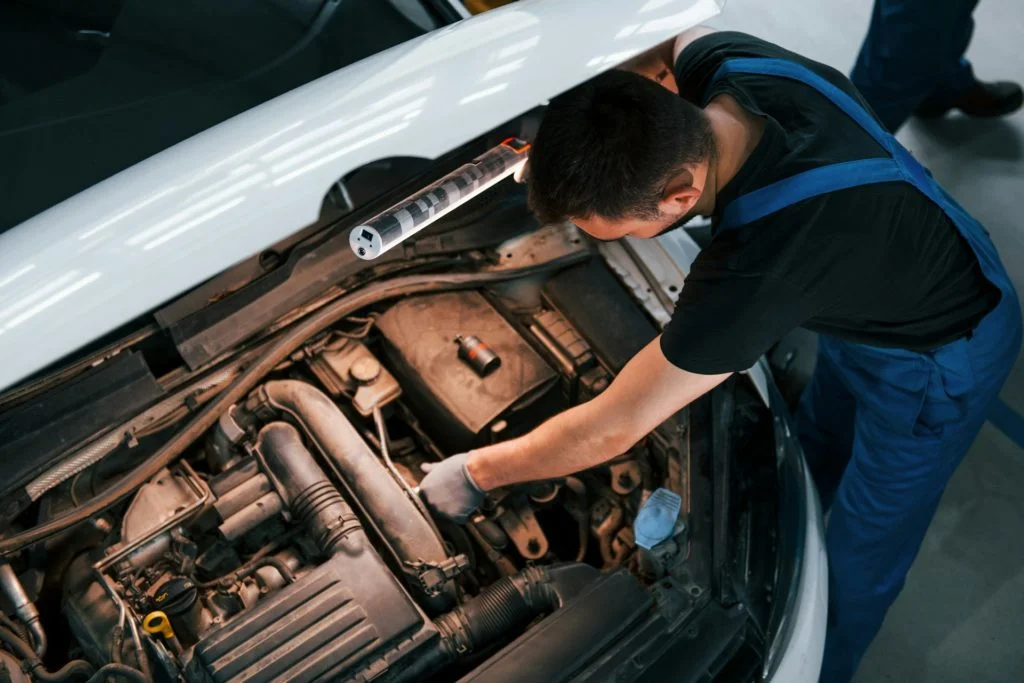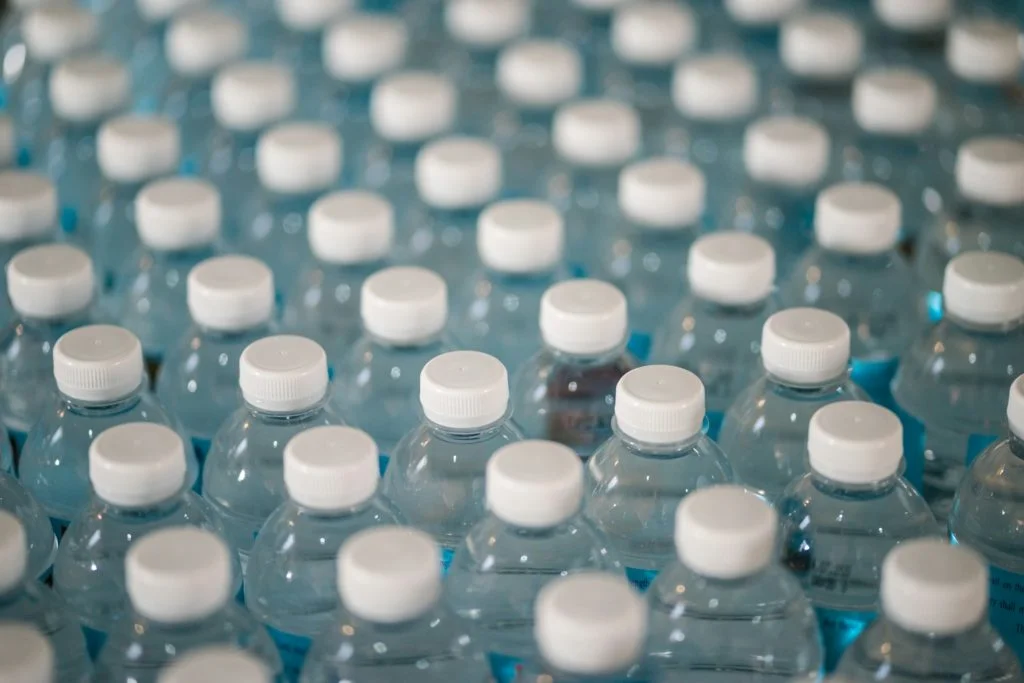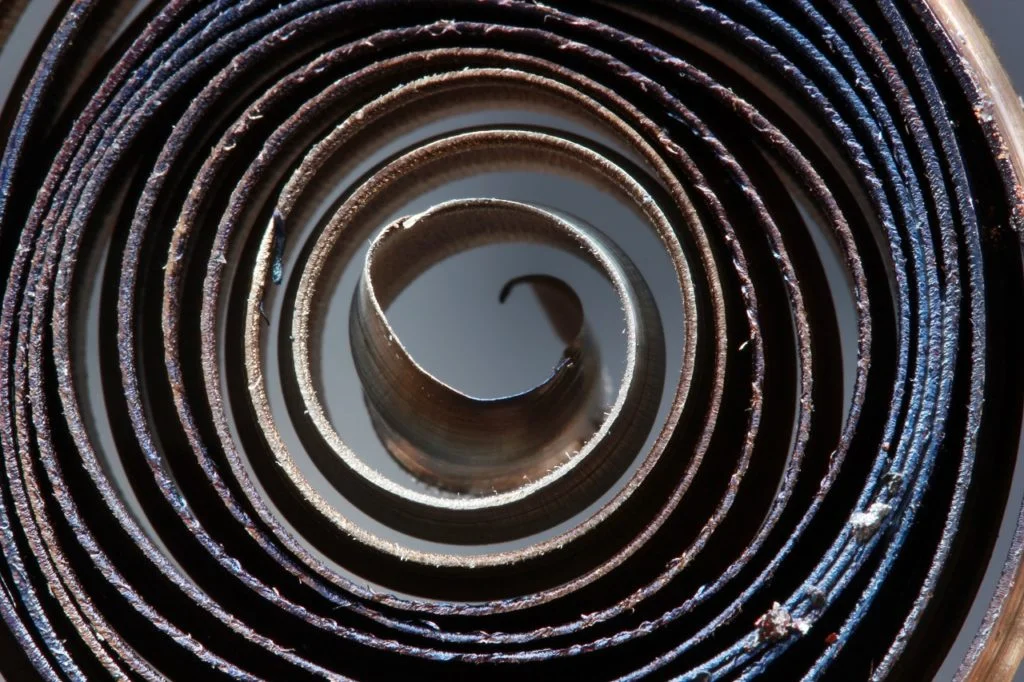Vehicle interiors – an essential aspect of the automotive design process – account for a significant portion of a vehicle’s overall environmental impact. As the industry increasingly places a stronger emphasis on sustainability, innovative approaches are being explored to create eco-friendly cabin designs that maximise both aesthetics and functionality. Plastic reprocessing, the process of converting waste plastic materials into high-quality raw materials, presents a transformative solution that has the potential to revolutionise vehicle interiors by harnessing the power of reprocessed plastic components.
Pulse Plastics, an innovative UK-based independent specialist plastic solution provider, recognises the paramount role of plastic reprocessing in fostering sustainable cabin design in the automotive sector. By creating a closed-loop system, reprocessed plastics not only minimise waste generation but also support resource conservation and promote environmental responsibility.
In this blog, we will examine the role of plastic reprocessing as a game-changer within the realm of vehicle interiors, highlighting the manifold benefits of incorporating sustainable materials into modern automotive cabin design. We will also discuss the critical role of collaboration and stakeholder engagement in the mass adoption of plastic reprocessing and how these alliances foster a unified drive towards sustainability in the automotive sector. Join us as we delve into the continuous innovation of plastic reprocessing and its transformative impact on bringing sustainable cabin designs to the forefront of the automotive manufacturing industry.
1. Innovative Material Solutions: Reprocessed Plastics and Sustainable Cabin Design
Reprocessed plastics present a wealth of opportunities to redefine vehicle interiors, blending eco-conscious principles with avant-garde design and uncompromising performance. By effectively upcycling waste plastic materials, reprocessed plastics embody the potential to create a range of cabin components, such as:
- Dashboard Components: Through plastic reprocessing, manufacturers can produce high-quality, durable materials suitable for crafting sleek and ergonomic dashboards.
- Door Panels and Trims: Reprocessed plastics can deliver sturdy, lightweight materials ideal for crafting stylish and functional door panels and trims, further enhancing vehicle cabins’ aesthetics.
- Seat Frames and Coverings: Combining strength with lightness, reprocessed plastics can contribute to creating comfortable, resilient seat frames, while recycled fabric can form stylish coverings that promote sustainability.
2. The Environmental and Economic Advantages of Reprocessed Plastics in Vehicle Interiors
The application of reprocessed plastics within vehicle interiors presents a plethora of environmental and economic benefits that ought to be considered by automotive manufacturers:
- Resource Conservation: Utilising reprocessed plastics in the design process helps minimise demand for virgin materials, thereby preserving natural resources and promoting environmentally responsible material use.
- Waste Reduction: By embracing plastic reprocessing, the automotive industry can effectively recycle and repurpose waste plastic materials, reducing its environmental footprint.
- Cost Efficiency: Reprocessed plastics provide a cost-effective solution for the creation of high-quality cabin components, resulting in potential savings for both manufacturers and consumers.
- Enhanced Brand Image: Implementing sustainable practices, such as reprocessed plastic use in vehicle interiors, can showcase the brand’s commitment to environmental protection, thus bolstering its reputation among an increasingly eco-conscious audience.
3. Collaborative Efforts to Accelerate Plastic Reprocessing Integration in Cabin Design
To facilitate the integration of reprocessed plastics into the automotive industry, it is imperative to nurture a culture of collaboration among manufacturers, suppliers, and regulatory bodies:
- Engaging in Industry-Wide Dialogue: Open communication between designers, manufacturers, and suppliers can yield collective insights around incorporating reprocessed plastics into cabin design and overcoming potential barriers.
- Building Partnerships with Plastic Solution Providers: By partnering with experts in the field of plastic reprocessing, such as Pulse Plastics, automotive manufacturers can access the necessary knowledge, resources, and industry-specific expertise to introduce reprocessed plastics into their vehicle interiors.
- Embracing Technology and Innovation: Leveraging advancements in recycling technologies can lead to higher quality reprocessed plastics suitable for a wider array of cabin components.
- Aligning with Environmental Regulations: Collaborating with regulatory bodies ensures that the use of reprocessed plastics aligns with, or even surpasses, evolving environmental standards and global sustainability goals.
4. Overcoming Potential Challenges and Driving Forward Sustainability
To fully harness the transformative potential of reprocessed plastics, automotive manufacturers must address potential barriers to widespread adoption:
- Ensuring Quality and Performance: The industry must adopt and abide by stringent quality standards, ensuring that reprocessed plastic components maintain the durability, functionality, and aesthetics expected by customers.
- Combating Misconceptions: By promoting the benefits of reprocessed plastics and fostering transparency around their use, the industry can address potential misconceptions and secure support for sustainable cabin designs.
- Encouraging Stakeholder Acceptance: Manufacturers, suppliers, and consumers alike must be educated on the environmental and economic benefits of reprocessed plastics, fostering widespread acceptance and adoption.
Conclusion
As the automotive industry continues to refocus on environmentally responsible practices, the incorporation of reprocessed plastics into cabin design represents a potent strategy to accelerate the sector’s sustainable evolution. With a myriad of benefits, including resource conservation, waste reduction, cost efficiency, and improved brand image, the applications of reprocessed plastics in vehicle interiors are extensive and promising.
By fostering collaboration among stakeholders within the automotive manufacturing process and overcoming potential challenges, the industry can pave the way for a more sustainable future. Ultimately, the integration of plastic reprocessing into vehicle interiors not only contributes to an eco-friendly transformation but also presents a unique opportunity for continuous innovation and creative design within the automotive landscape.
At Pulse Plastics, we believe that taking care of the environment is everyone’s responsibility. That’s why we’re dedicated to finding new and innovative ways to reduce waste and promote sustainability. By partnering with us, you can be confident that your plastic waste is being handled in an ethical and responsible manner.
Whether you’re a business owner looking for a sustainable solution for your plastic waste or an individual who wants to do their part for the environment, Pulse Plastics has the expertise and experience to help. We offer a range of services, including reprocessing plastic, closed-loop product manufacturing, and more. Join the sustainable revolution today and partner with Pulse Plastics. Contact us to learn more about our services and start making a positive impact on the environment!


